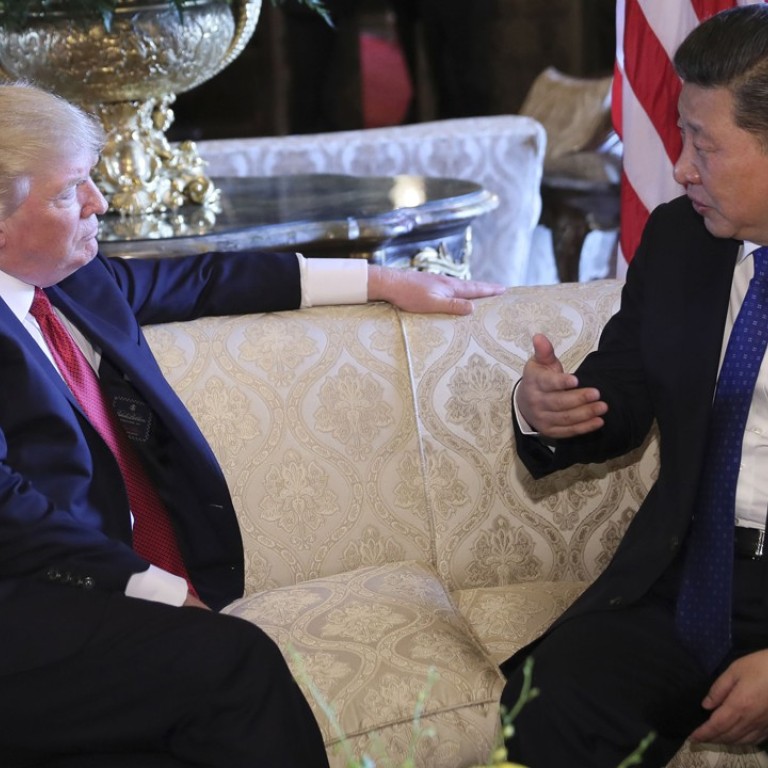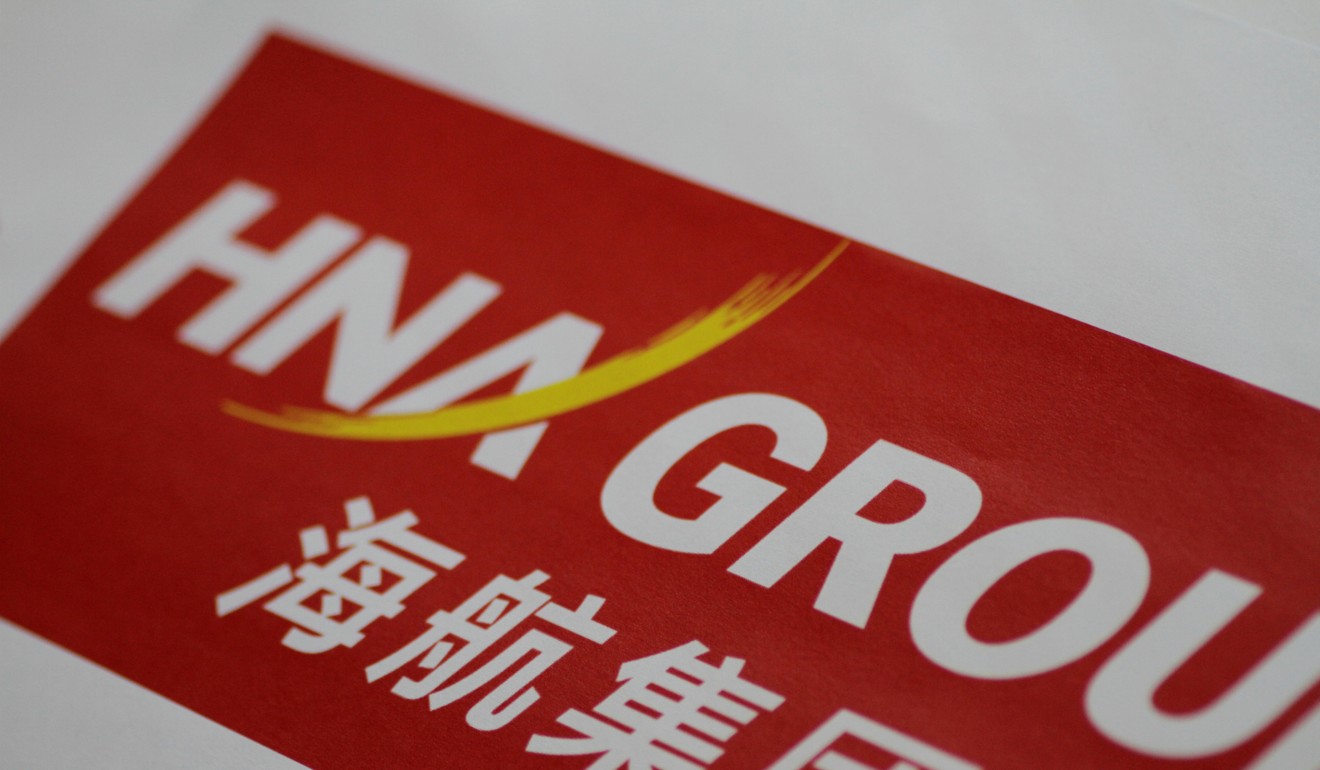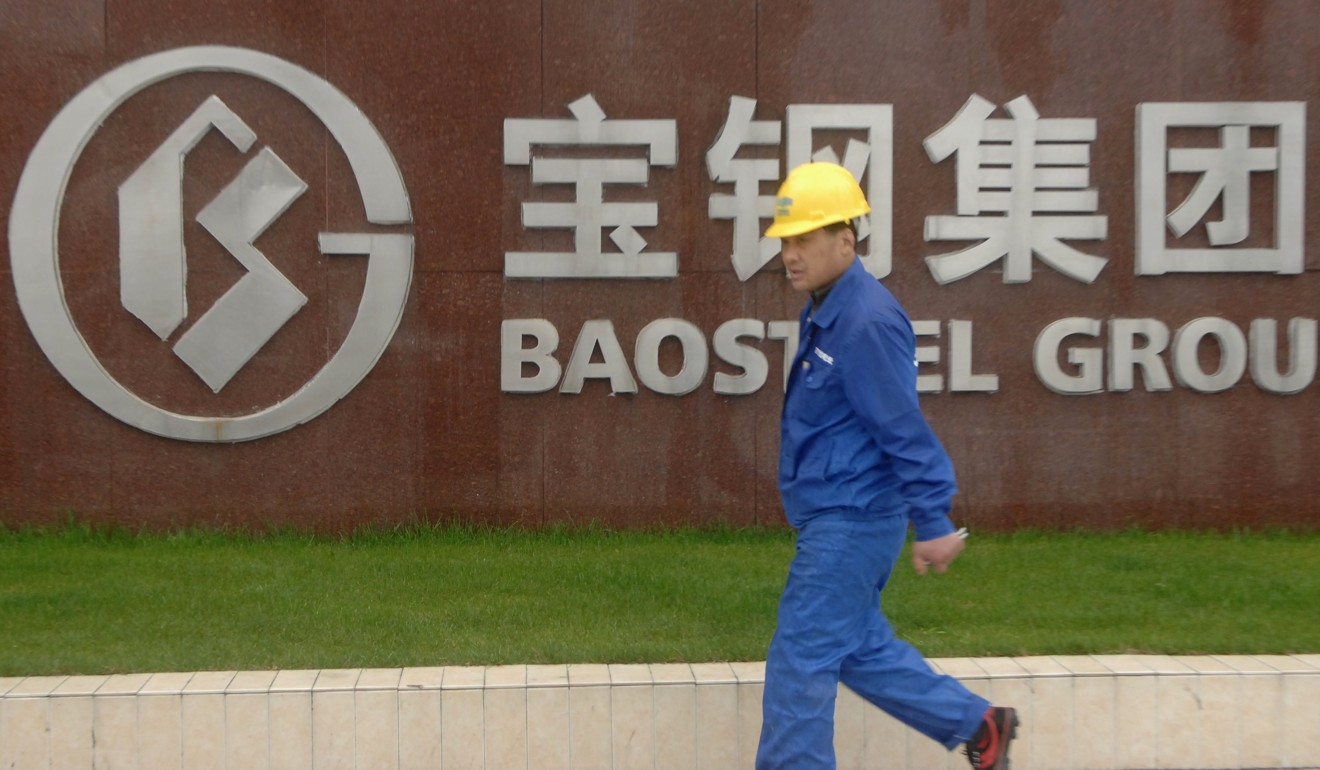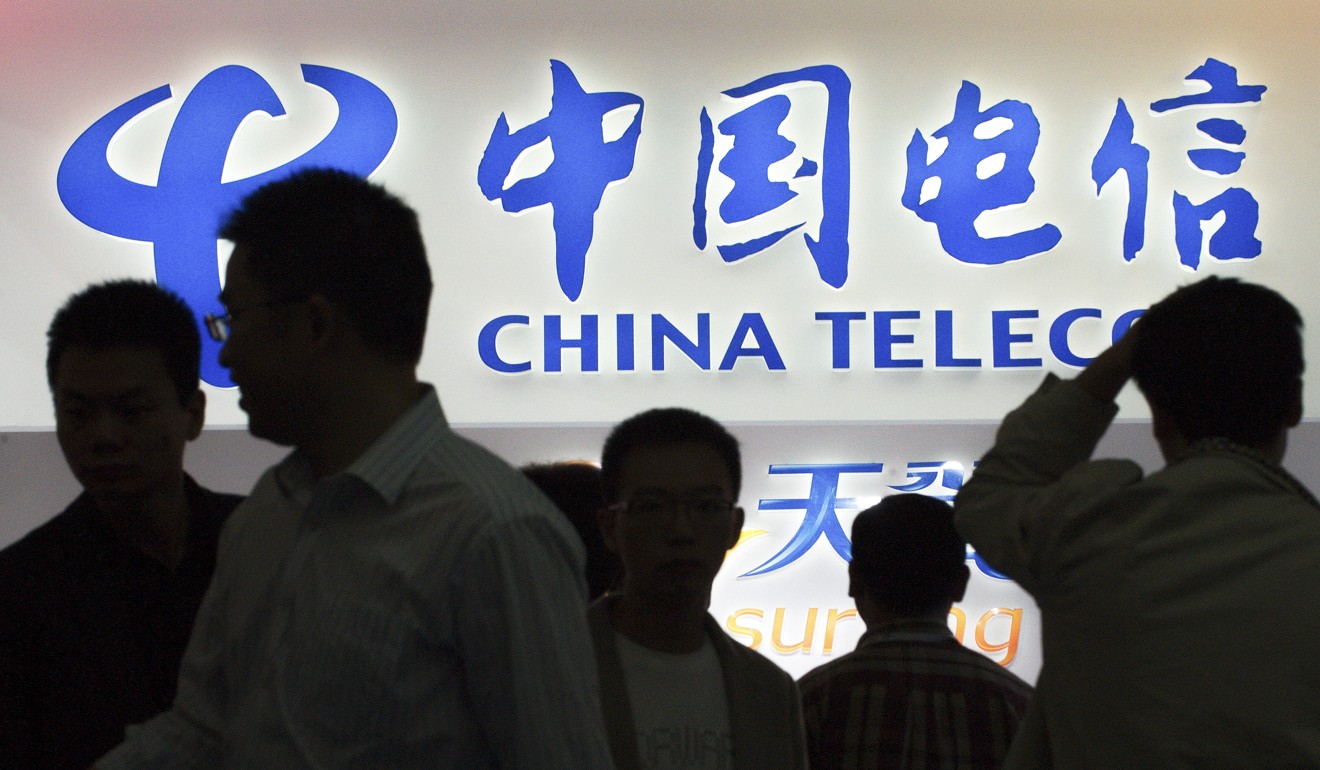
China’s trade officials want easier US security reviews as a concession during Trump visit
Reducing complexity would rebalance a bilateral relationship that favours Chinese exporters, officials say
Chinese trade officials appealed for easier US national security reviews as a concession during US President Donald Trump’s summit in Beijing next month to rebalance a bilateral relationship that has favoured Chinese exporters for decades.
“We understand the need for the review. We’re just asking for the government to shorten the review time and reduce some of the complexity,” Zhao Zhenge, US representative of the China Council for the Promotion of International Trade, said, referring to foreign investment reviews conducted by the Committee on Foreign Investment in the United States (CFIUS).
“Seeing as how Trump will be visiting China soon and more Chinese companies see the US as their most ideal investment destination, regardless of whether it’s investment reviews or other trade barriers, we would like to see a little more support and help, and allow Chinese companies to expand their investments in all of the US states.”

CFIUS is an inter-agency body under the US Treasury Department with the authority to advise US presidents on foreign investment transactions and to recommend that some transactions be suspended or blocked on national security grounds. Acting on CFIUS recommendations, Trump last month blocked a bid by Chinese private equity firm Canyon Bridge Capital Partners to buy US chip maker Lattice Semiconductor Corp for US$1.3 billion.
Lattice’s proposed acquisition went through three 75-day CFIUS review-and-investigation cycles, meant to ensure foreign governments are not getting technology with possible military applications through US acquisitions.
“We’re paying particular attention to the problem of the very high ratio of Chinese companies caught up in the review process,” said Zhou Shanqing, economic and commercial counsellor at China’s New York consulate. “Chinese companies have been number one for the past five years in terms of the ones undergoing CFIUS reviews even though China represents a fairly small portion of foreign investment in the US.”
Zhou and Zhao spokeon the sidelines of an event held at Bank of China’s US headquarters in New York to highlight the launch of a new website and database for the China General Chamber of Commerce’s (CGCC) US chapter.

“Because Chinese enterprises know the risks associated with the CFIUS review are higher, they end up paying a higher price to conclude their investments,” Zhou said. “At the same time, investment targets in the US don’t want to have to factor in non-market factors like the CFIUS review risk,” so they can be reluctant to enter into negotiations with potential Chinese buyers.
When a consortium including Nanchang Industrial Group of China tried to acquire a division of Dutch electronics company Philips in 2015, CFIUS’s assessment blocked the transaction on the grounds that the unit of Philips, which has substantial operations in the US, was developing a radar-boosting technology used in the anti-missile defence system that has been deployed by the US Navy in South Korea.
China’s filing of 74 acquisition notices to CFIUS was the most for the three years ended December 31, 2015, according to an unclassified report released by the US Department of Treasury, the most recent data available on the body’s activity. China was followed by Canada with 49 notices in the same period and Britain at 47. The report did not say how CFIUS responded to the notices.
Such notices to CFIUS are voluntary, but the body has the authority to order the dismantling of transactions it deems threatening to national security, whether or not an application was submitted.
Lawmakers on both sides of the US Congressional aisle have become vocal about the need for more stringent CFIUS reviews on several grounds, including national security and the degree to which US companies have access to investments in China.

“CFIUS concerns have pertained to a variety of issues, including the specific technology associated with the target companies, security of the defence supply chain, and the know-how and technical knowledge resident in the companies,” global law firm White&Case said in a blog post published after the Lattice Semiconductor decision.
Trump arrives in Beijing on November 8 for a series of bilateral, commercial and cultural events and meetings with President Xi Jinping, and will also make stops in Japan, South Korea, Vietnam and the Philippines.
Asked whether Xi and Trump would discuss the CFIUS review process, Zhou said: “The dialogue between the two leaders will involve all of the most important trade and investment issues.”
The new CGCC US website and database was established to give Chinese companies more resources to help them navigate the US investment landscape, according to Xu Chen, CGCC’s chairman and CEO of Bank of China’s US operations.

“This database is the first data sharing platform for Chinese companies investing in the US. We hope this database will provide convenience for our members to search for information, to create new partnerships and opportunities,” Xu said at the chamber event.
CGCC Chinese member companies had employed more 200,000 people in the US and invested around US$100 billion in the country at the end of last year, according to chamber data.
Its 1,500-strong membership in the US includes Hangzhou-based Wanxiang Group, which bought Fisker Automotive – now called Karma Automotive – in 2014. Karma has since begun selling an electric car in the US, a US$130,000 model called the Revero, employing more than 600 people at its operation in the greater Los Angeles area.
The membership also includes the US unit of HNA Group, which is known for amassing multibillion-dollar stakes in established brands such as Hilton Worldwide Holdings and has attracted US regulatory scrutiny over its ownership structure.
The US units of Baosteel, China Telecom, PetroChina and China’s biggest state-owned lenders also are represented by the chamber.

